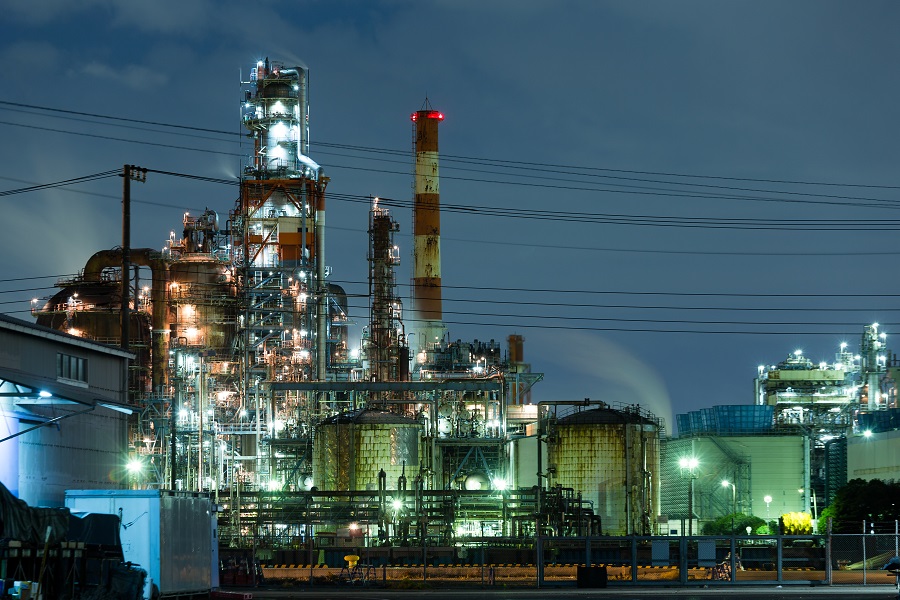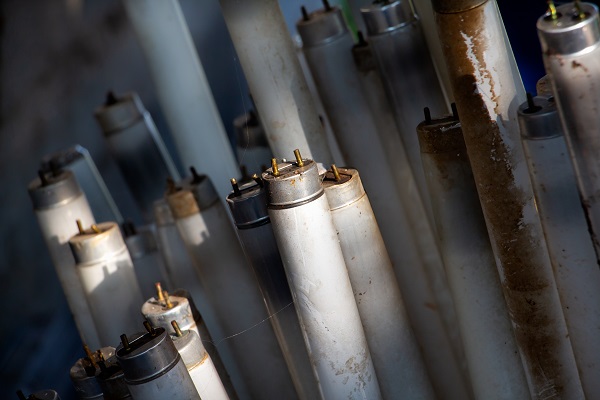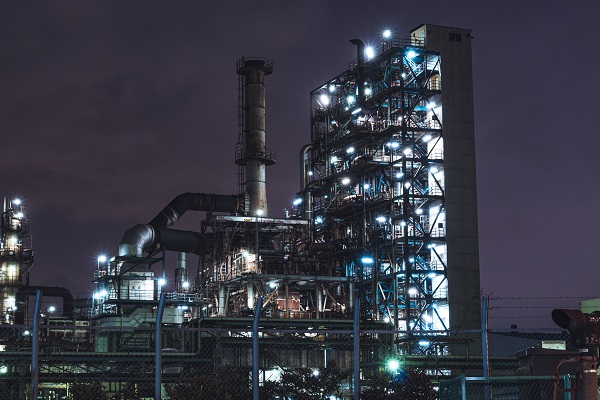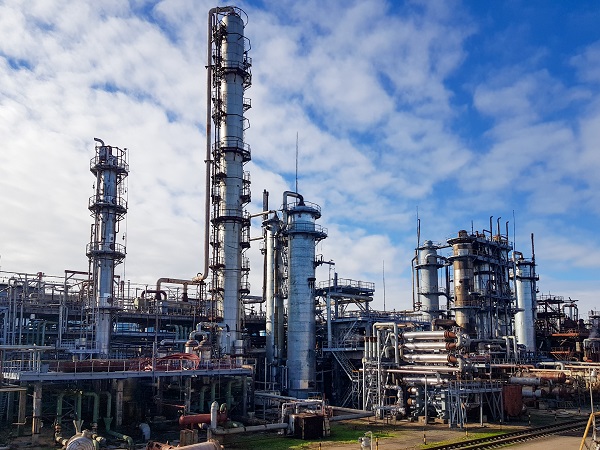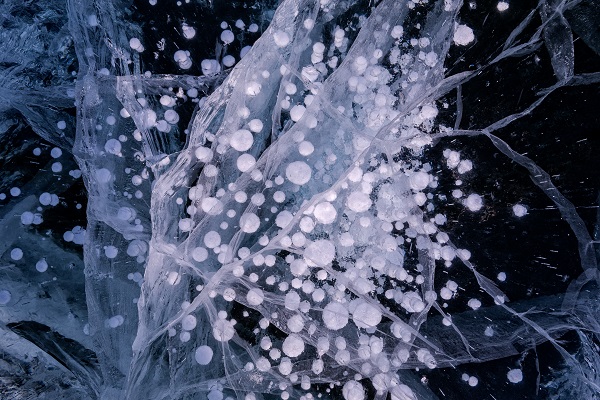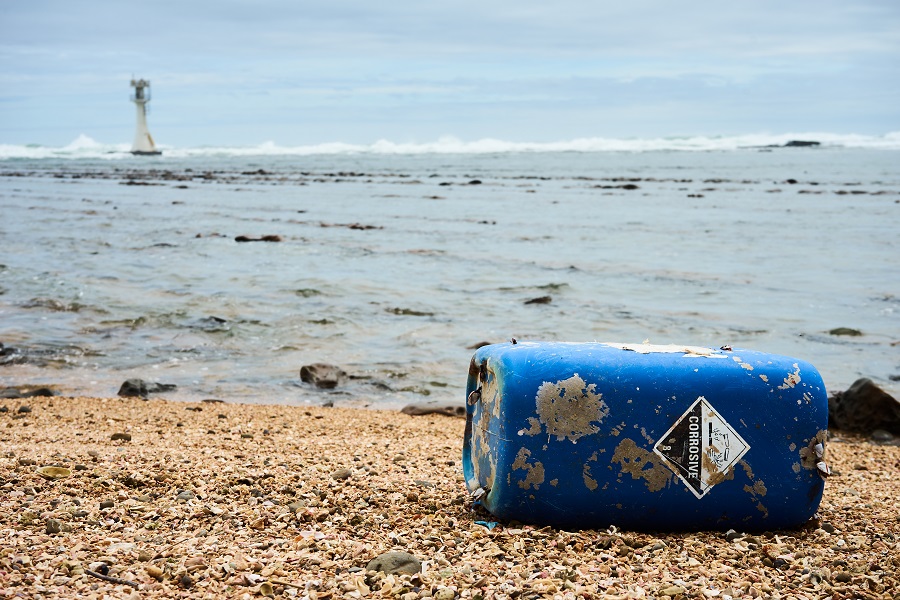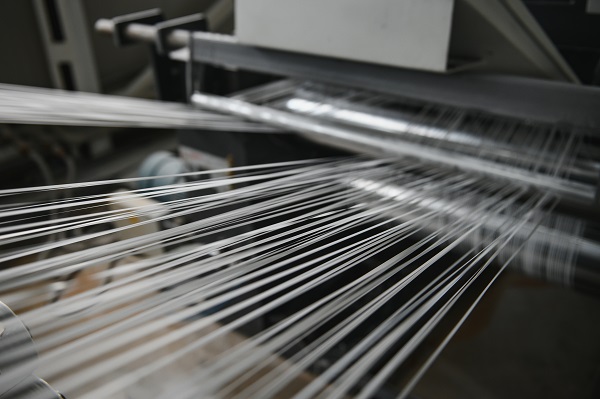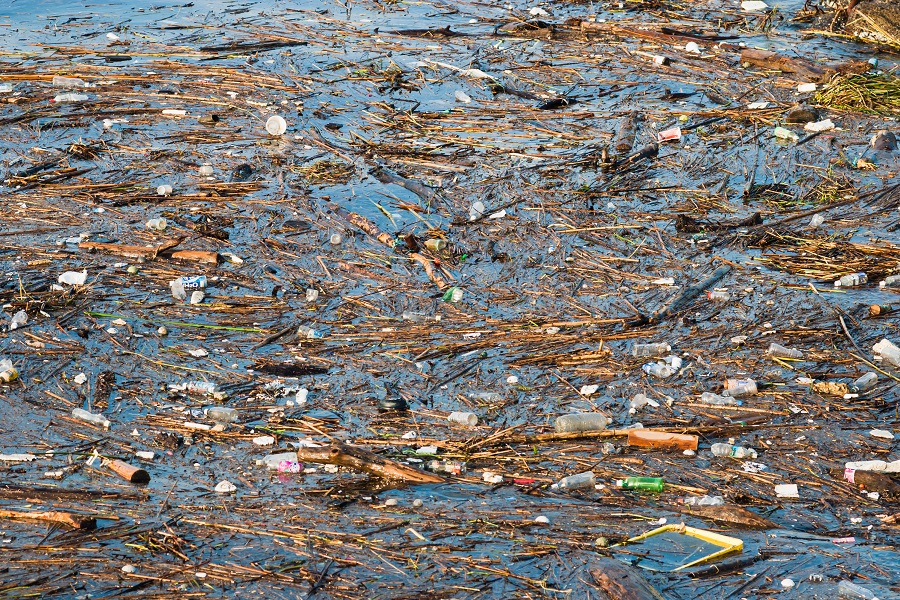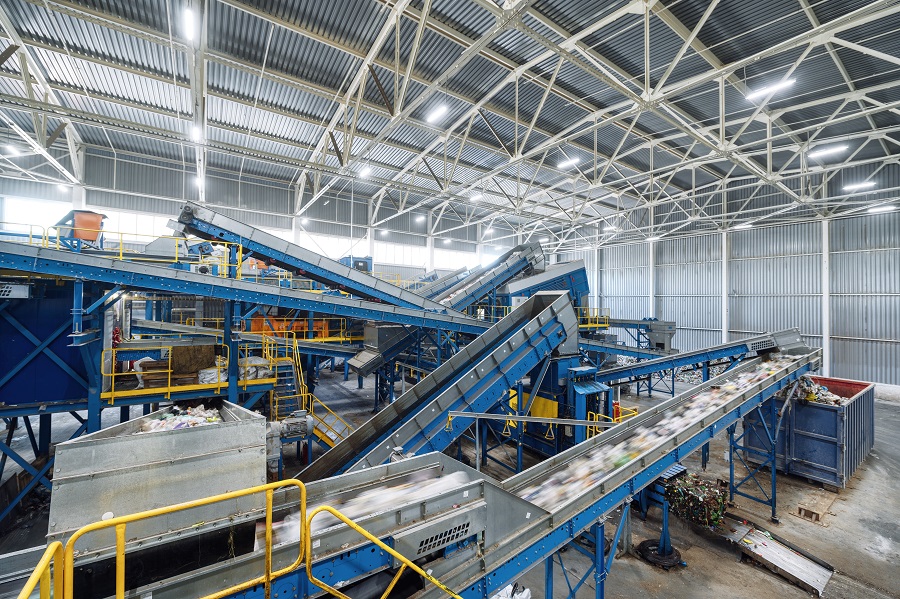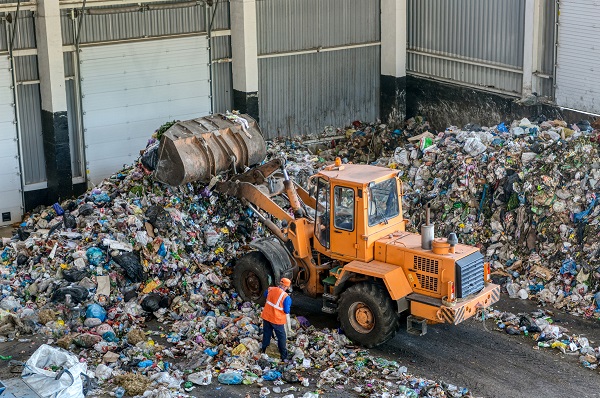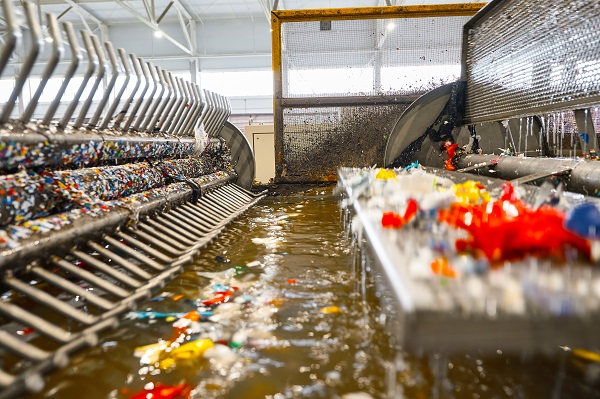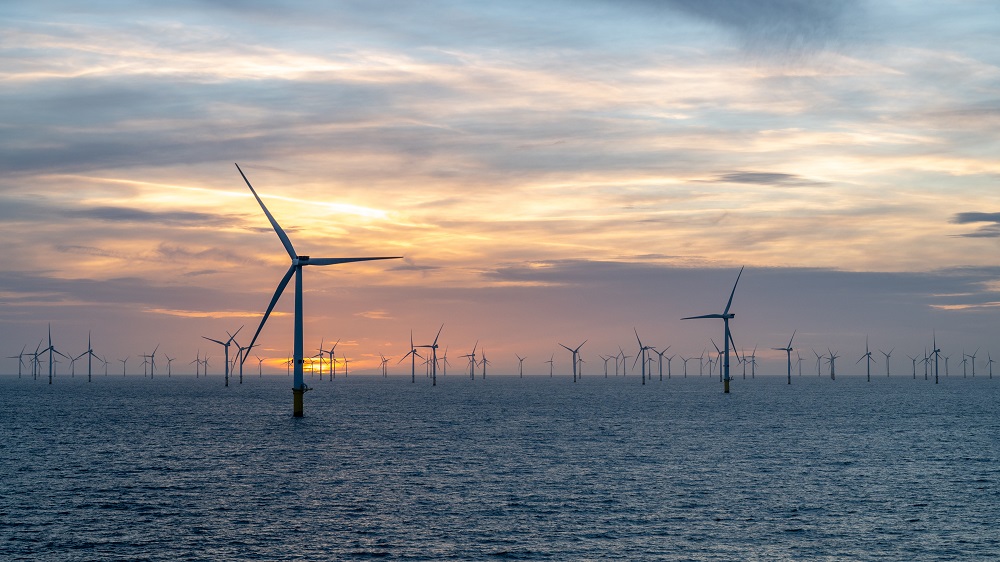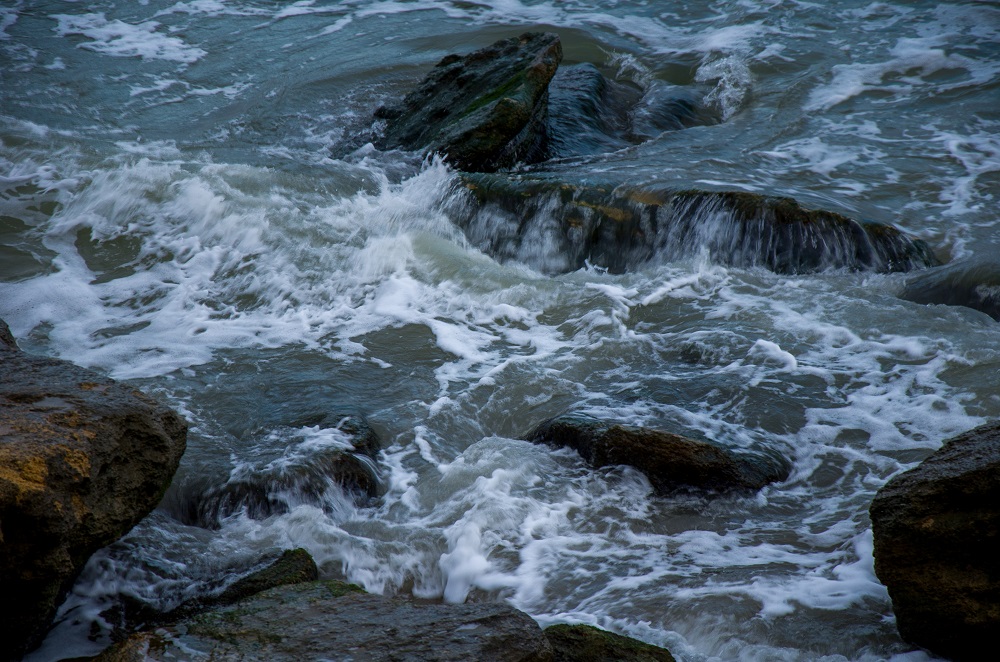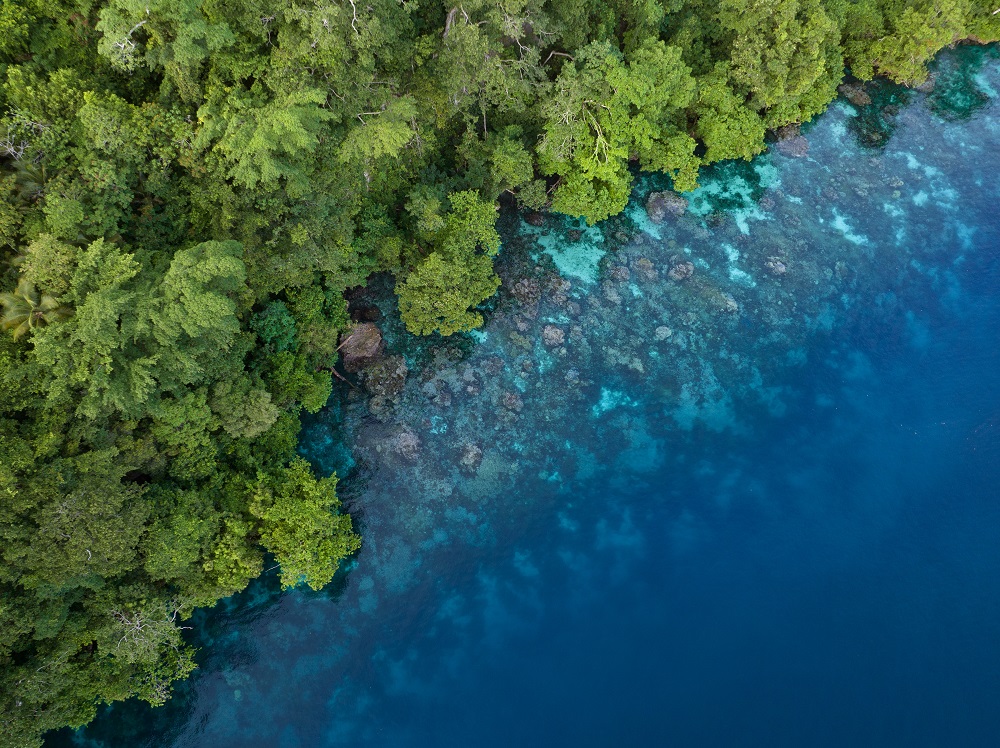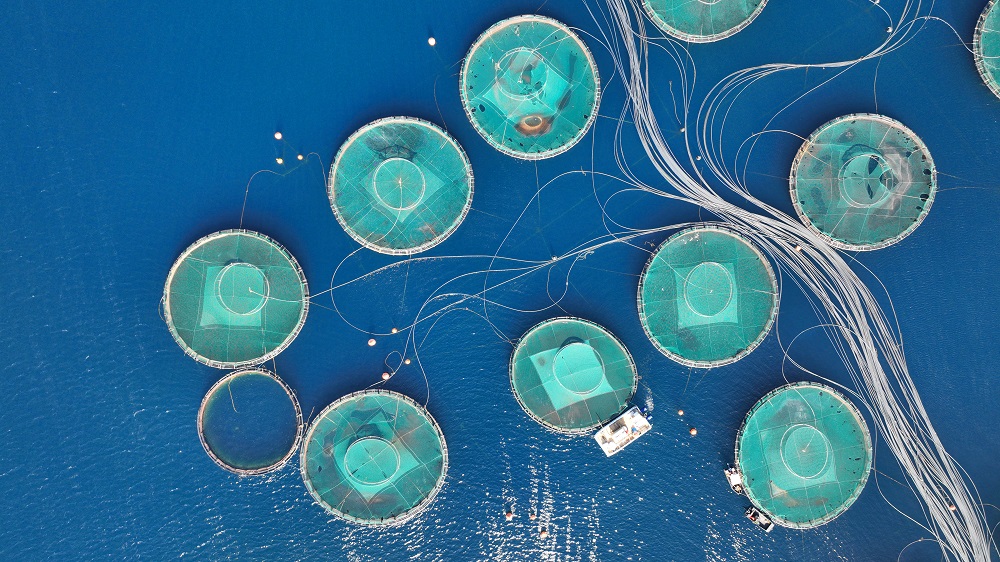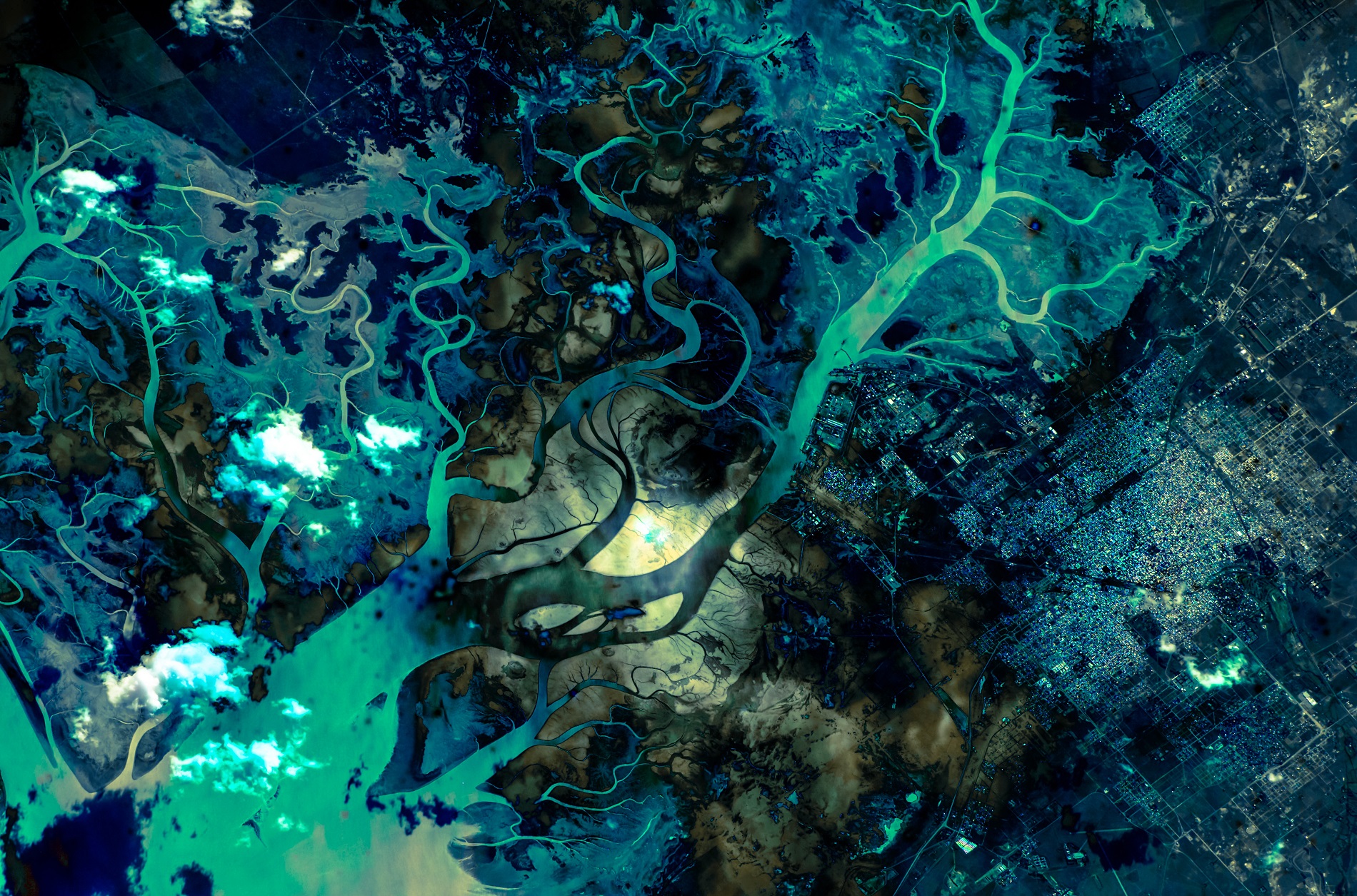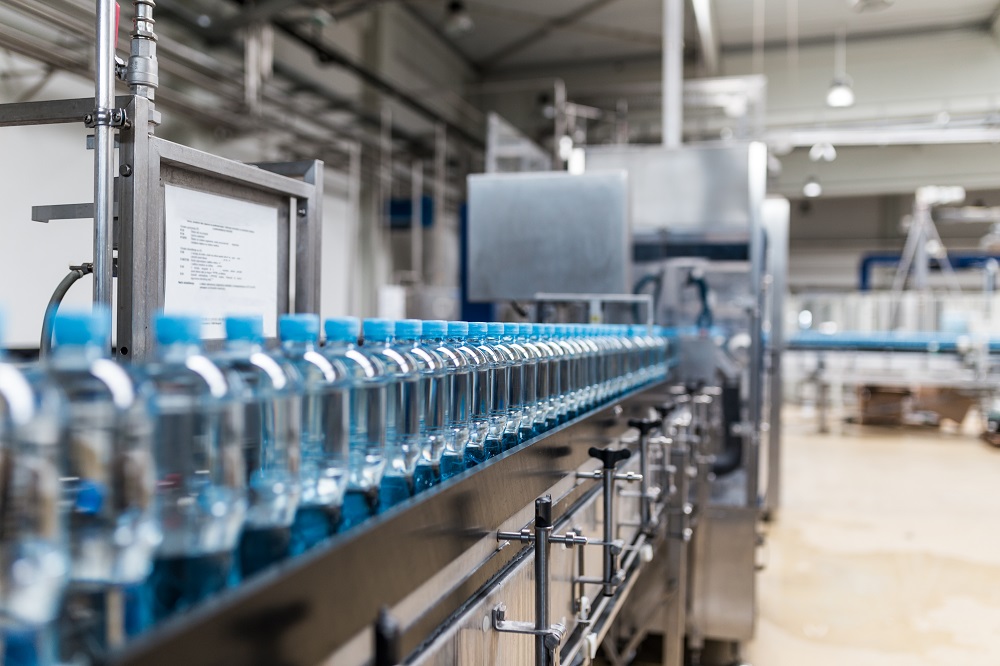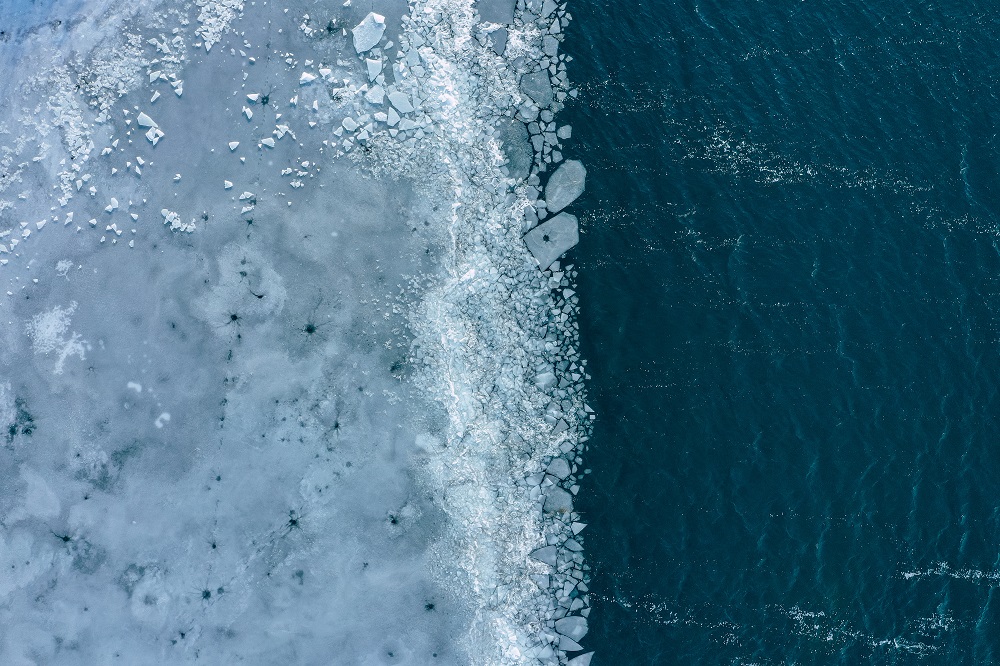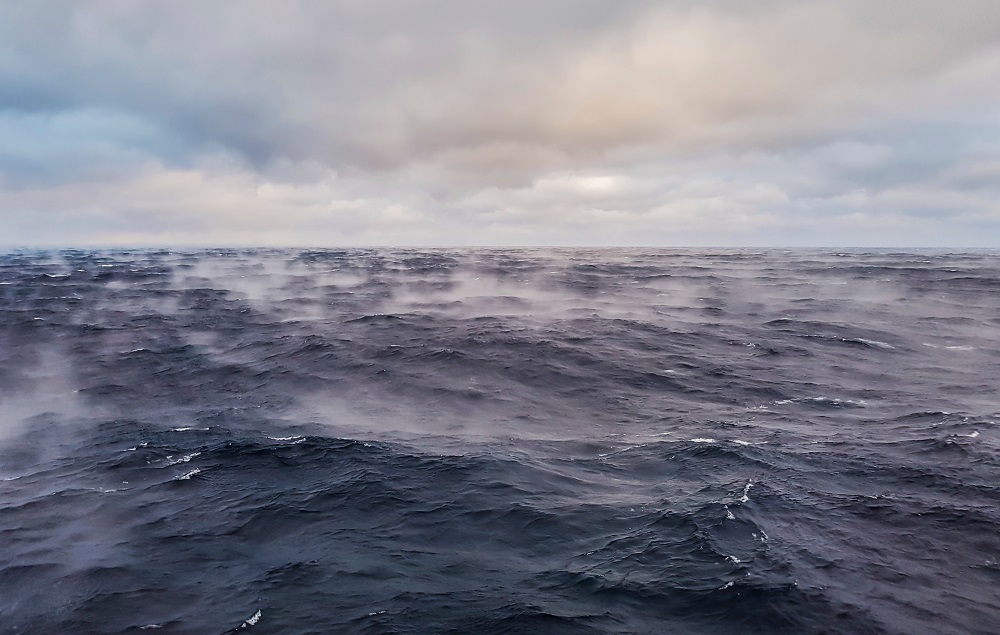Amid environmental advances, Japan’s most serious chemicals problem—as relates to marine pollution—may lie in its food supply. Specifically this means over-reliance on chemical fertilisers that seep into rivers and eventually the ocean.
According to a paper in the peer-reviewed journal Environmental Pollution, Japan and South Korea have the highest levels agricultural nitrogen and phosphorus overuse among OECD member countries—“thus both countries are primarily responsible for severe environmental pollution via nutrient release.”
“In Japan, due to over-fertilisation there is a lot of chemical fertiliser that is not taken up by plants,” says Dr Ishii. “From land, it goes into rivers and then into the oceans. That creates a huge pollution issue and damages the health of the ocean.”
Last year, Japan’s Ministry of Agriculture, Forestry and Fisheries enacted a Sustainable Food Systems blueprint that mandates a 30% reduction in chemical fertiliser use and a 50% reduction in the “risk-weighted” use of chemical pesticides by 2050. Dr Ishii calls the policy “highly significant”, and adds that “due to political pressure, it’s not easy to implement or materialise the mission in a straightforward manner.”

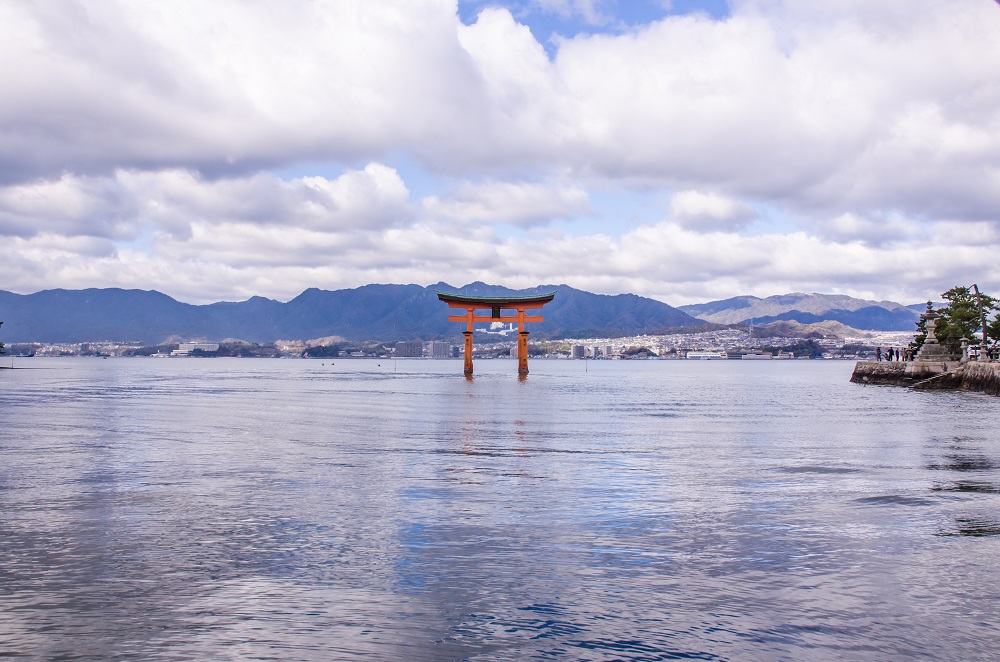

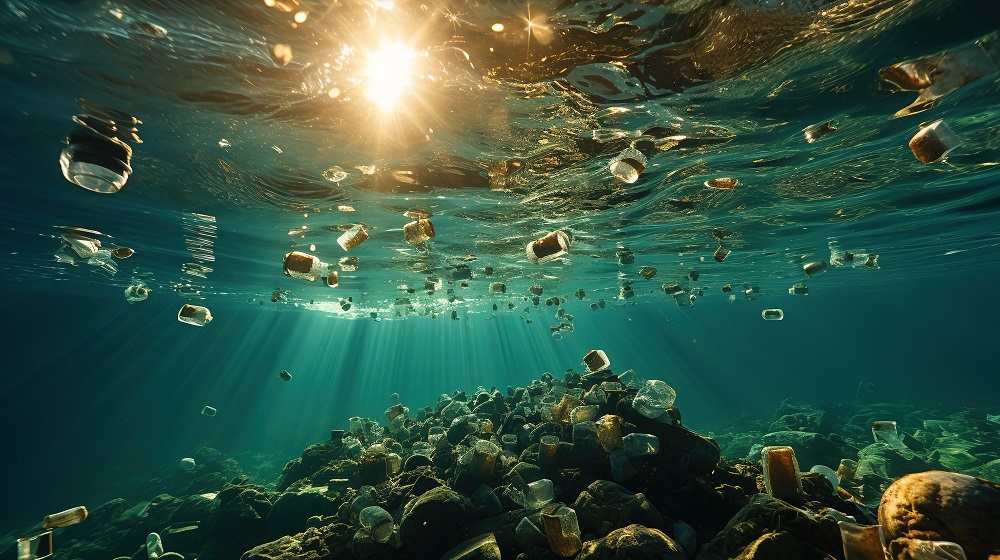

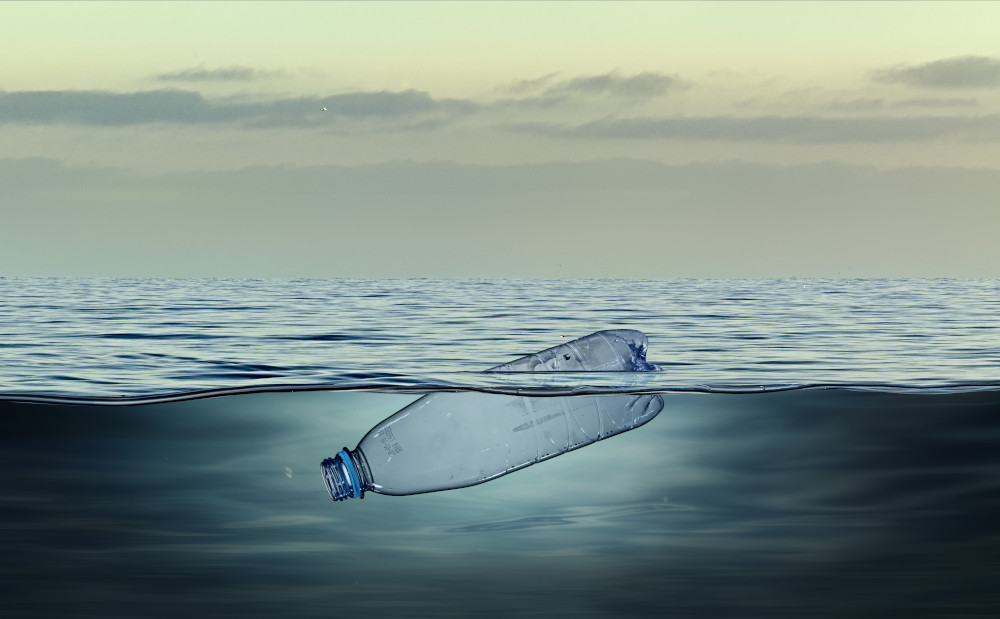




 The scourge of untreated wastewater
The scourge of untreated wastewater Slowing
the chemical tide: safeguarding human and ocean health amid
chemical pollution
Slowing
the chemical tide: safeguarding human and ocean health amid
chemical pollution Hazardous chemicals in plastics - the discussions at INC
Hazardous chemicals in plastics - the discussions at INC







